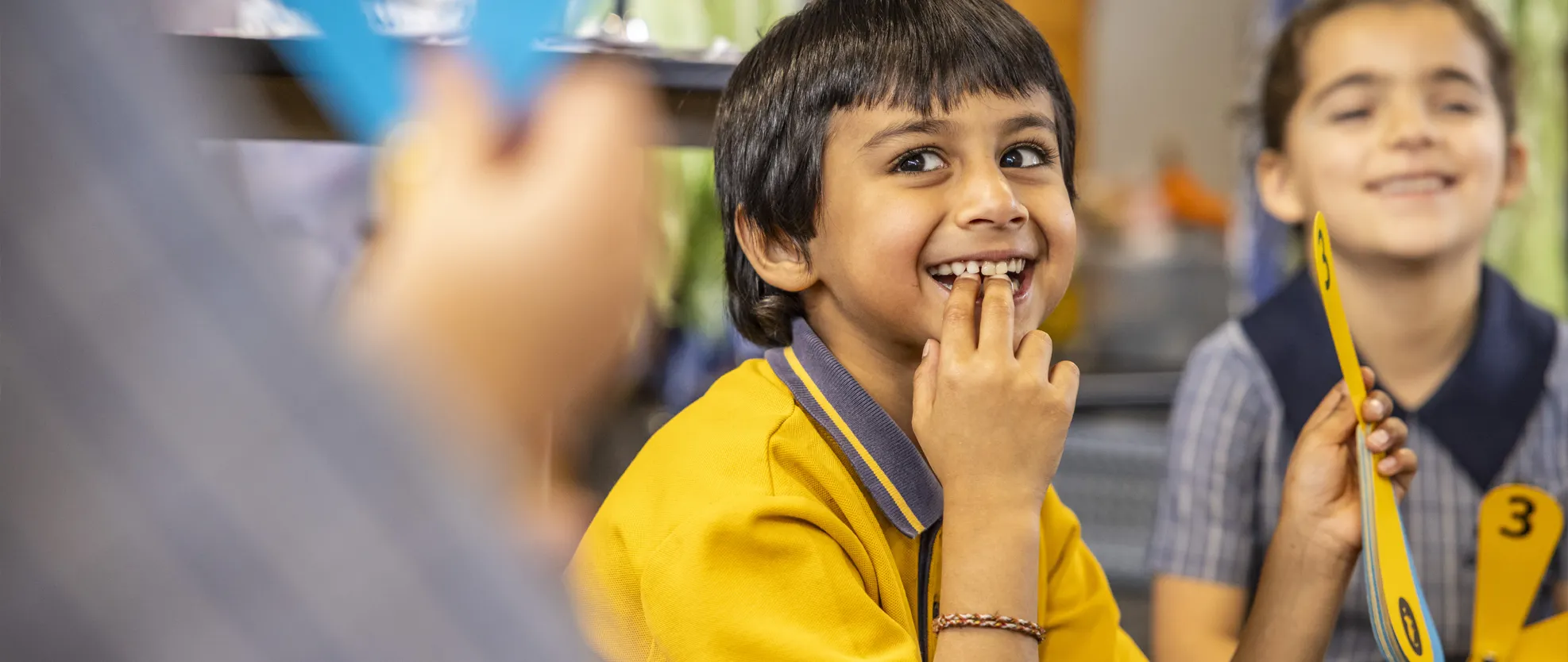
ENGLISH AND MATHEMATICS AND STATISTICS
Our goal for students in English is to become skilled and confident oral, written and visual communicators.
Our goal for students in mathematics is to:
- Use a range of thinking skills which will help them explore the world they live in and enjoy the intellectual challenge involved in using patterns, relations, quantity, space and time;
- Develop an understanding that maths involves solving problems in real life contexts and that they can communicate this using comparisons, generalisations, symbols, graphs and diagrams.
A FOCUS ON LITERACY AND NUMERACY
Our focus on English/literacy and numeracy at primary school is important because they are foundation skills. Students require these in order to do well in all areas of learning, at school and in life.
We assess each student’s reading, writing and maths skills regularly using our online management system ‘HERO’. This online system is allowing us to move to real time reporting where parents get notified when new content has been added. This system also allows for students to comment on work they are doing, as well as providing parents the opportunity to add comments on their children’s work/ progress.
